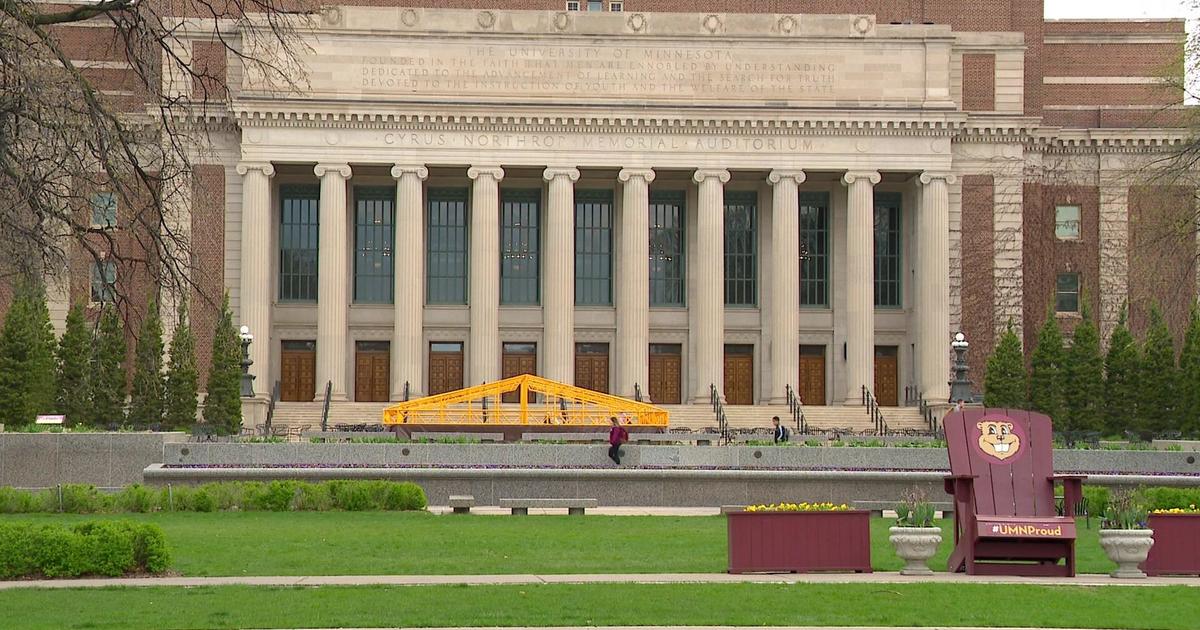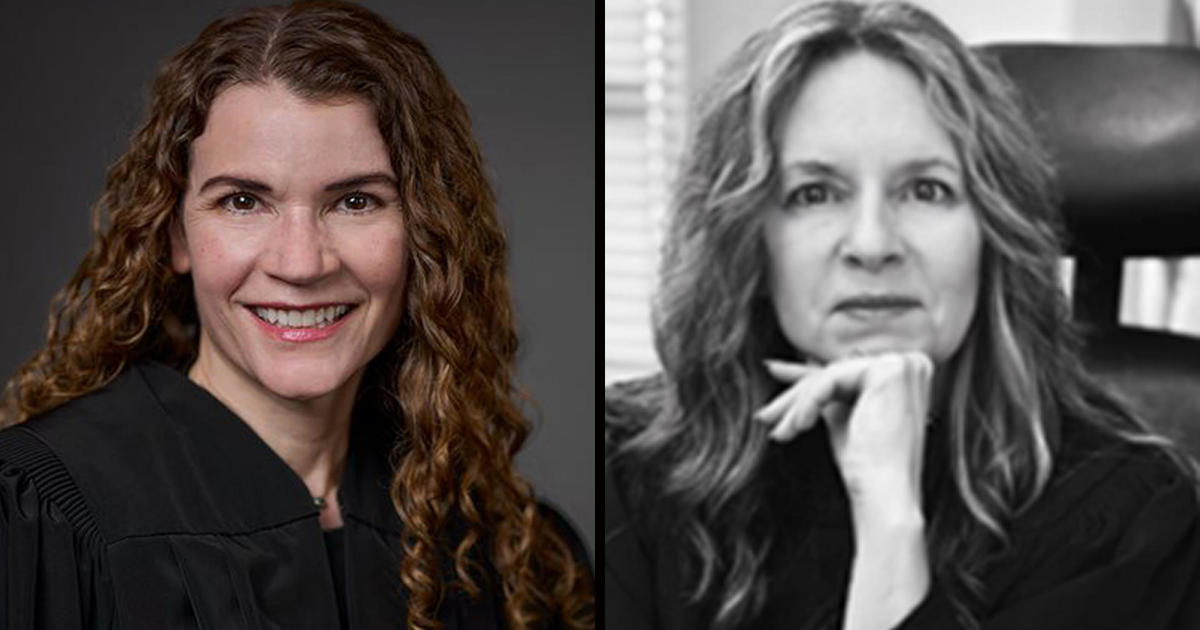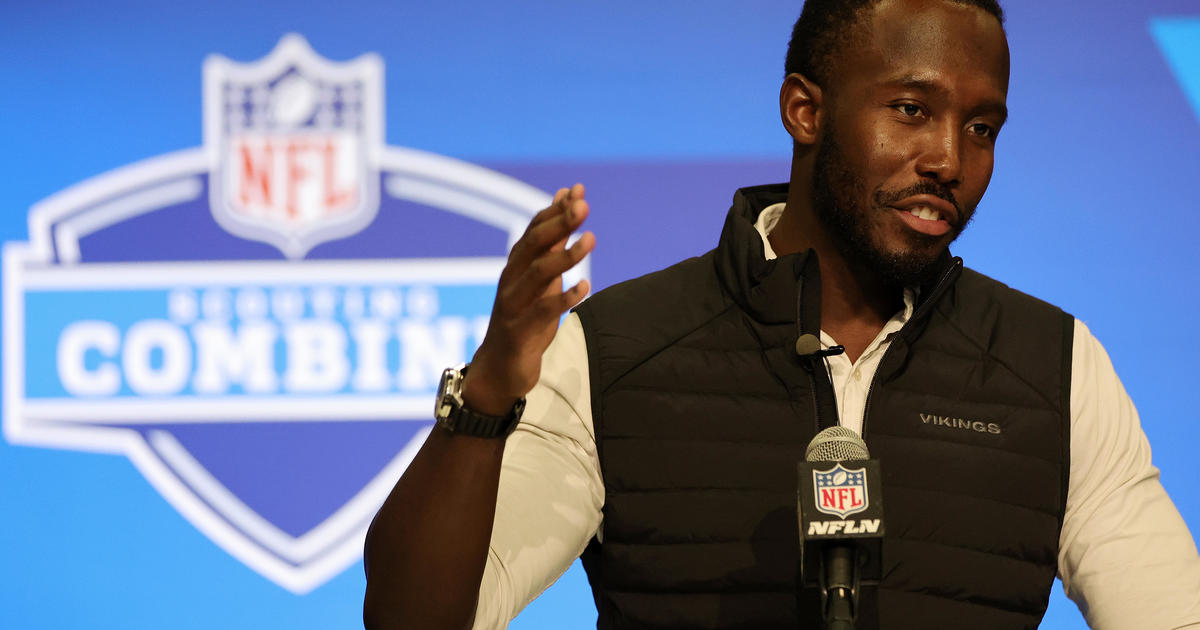'U' Program Aimed At Helping Black Men Graduate
MINNEAPOLIS (WCCO) - This fall, 10 incoming freshmen at the University of Minnesota will become the first to take part in a program geared toward improving retention and graduation rates for black men on campus.
The U has some of the highest gaps in graduation rates between black and white students of any flagship university in the country.
Black men have a lot of ground to make up: nationally the graduation rate for black women is 49.3 percent, compared to 38.6 percent of black men.
This new mentorship program will hopefully shrink that gap.
It's not just a problem here in Minnesota, it's an issue across the country.
Historically, universities have not done well in recruiting and then retaining and graduating black men.
The U hopes to turn its numbers around and see more black men graduating while wearing maroon and gold.
Rickey Hall, assistant Vice President of Equity and Diversity at the University of Minnesota, says the numbers tell it all.
"The retention and graduation rates are dismal," said Hall.
Only 24 percent of black students in the class of 2010 graduated in four years, compared to 50 percent of all undergraduate students.
"Even those who do very well often will say they don't feel connected to the campus and they don't feel that sense of community so we feel that is a big piece that sometimes lead people to leave," Hall said.
Hall says the program will create a sense of community amongst black males, helping them feel more connected, hopefully leading to better outcomes - like graduation.
Patrick Troup is Director of Retention Indicatives at the U.
"(Sanford Hall) will be the residence hall in which the Huntley House residents will participate and live in for the upcoming year," said Troup.
He says the 10 freshmen will live on the eight floor here in a living learning environment called the Huntley House. They will take part in programs aimed at keeping them in school.
"They will also be required to meet weekly individually with a peer mentor as well as a group for an hour to two hours with faculty and staff to really create a sense of connection," said Troup.
They hope these relationships will keep black males from falling through the gaps, and give them the tools they need to be successful during college and beyond.
Hall says students who live on campus and are engaged in campus activities do better than those that do not.
He hopes the mentors, which consist of upper level students, faculty and staff members will help them graduate in four to six years.



